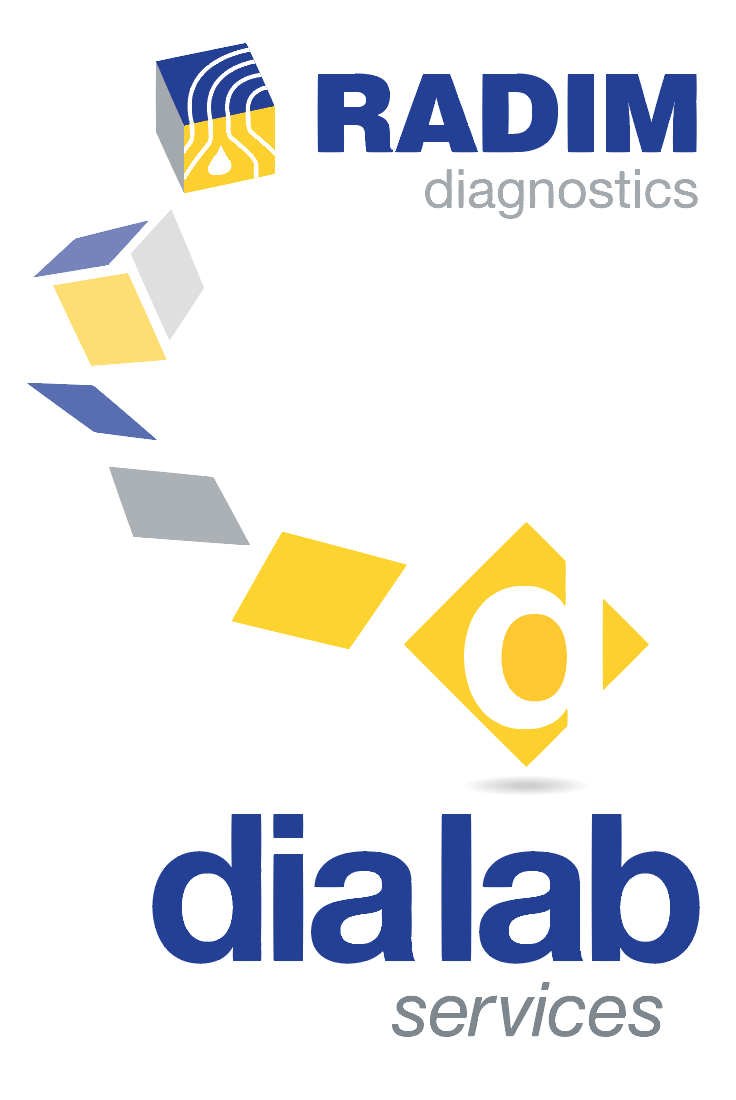The AFP ELISA kit is intended for quantitative determination of alpha-fetoprotein in human serum.
Alfa-fetoprotein (AFP) is a glycoprotein with molecular mass of about 70 kDa. During the ontogenesis AFP is produced in yolk-sac and embryonal liver and, in less extent, in gastrointestinal tract. AFP is the main serum protein of the early fetus. AFP concentration in fetal serum reaches its climax of up to 240 000 IU/mL between 12 and 15 weeks of gestation. Then its concentration decreases and at the end of second year reaches the normal level (0–16 IU/mL). Normally, AFP concentration is maintained at this level throughout the whole life.
AFP is secreted by fetus’ kidneys into amniotic fluid. From there it penetrates the maternal blood through placenta and umbilical cord. AFP level in serum of pregnant women continuously increases and reaches its maximum (up to 400 IU/mL) at the middle of the third trimester. Quantification of AFP is widely used in obstetrics for diagnostics of multiple pregnancy, prenatal death and threatening abortion.
AFP measurement can be also used for diagnostics and monitoring of different forms of cancer. For instance, high and maintaining AFP level (800…80 000 IU/mL) is often connected with primary hepatomas, testis teratomas and ovary tumors.
| Kit volume, wells (including controls) | 96 |
| Analytical sensitivity, lU/mL | 0.9 |
| Range of evaluated concentrations, lU/mL | 0.9- 300 |
| Incubations | 60 min + 10 min at 37°Cor
60 min at 37°C + 20-30 min at RT |
| Shelf life, months | 12 |
